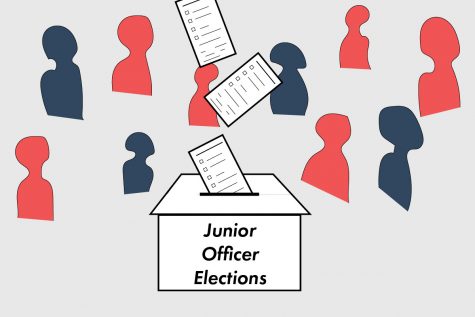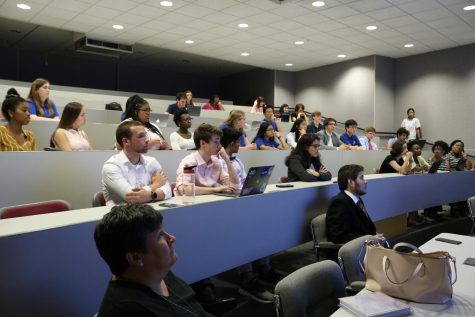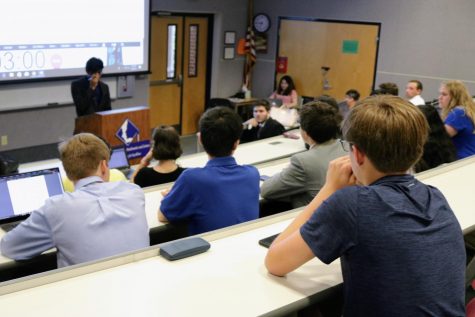A New Age in Honor Court
August 27, 2015
As students arrived for a new year at MSMS, they were met with news during orientation that Honor Court would have one huge change this year. The Honor Court no longer has the authority to make the final decision in regards to Level 1 and Level 2 appeals. Instead, the Honor Court will be able to give their recommendation to the Director for Student Affairs, Mrs. Tanya Walker, who holds the responsibility for the final decision in each appeal.
The change in this policy comes from Executive Director Dr. Germain McConnell who said the system needed revising.
“The final decision was my decision. Every year we look at the student handbook to determine what we need to modify, what we need to change, and so as I’m looking at different things and things I hear over the years, I didn’t think it was fair to the residence life staff to have certain decisions overturned by students and that be the final say so,” Dr. McConnell said.
However, there are those amongst the student body who feel the changes to Honor Court weaken the students’ ability to speak out against unfair citations.
West Givens, a former member of the Honor Court, expressed his opinion, “I don’t think it was necessary, considering that last year’s Honor Court was very efficient and objective in every case. I feel like this decision has completely taken away the very reason Honor Court exists, to give students a voice. Honor Court still has a voice, but it’s much softer this year. Last year the voice was more impactful, and this year it’s just a suggestion.”
Although there may be differences of opinion between the administration and certain members of the student body, there is general confusion and disagreement about how the Honor Court is elected, whether they can be held accountable, and what its jurisdiction should be. Currently, the Honor Court is only allowed to review citations from the residence life staff.
Dr. McConnell explained the reason for the policy stating, “One of the things I’ve been trying to do since I’ve been here is to make sure that we treat everybody the same because everybody is a professional here. We hire full time staff in the residence halls who have a degree already. It’s not like they’re somebody off the street. These individuals are professionals, and that’s the way we treat them.”
Confusion in Elections
The Honor Court is the judicial branch of the MSMS Student Government Association, or SGA. The Honor Court’s responsibility is to review appeals made by students on Level 1 and Level 2 infractions that were given to them by a residence life staff member and is not a director in the administration. The court is composed of 6 justices: 2 male seniors, 2 female seniors, 1 male junior, and 1 female junior.
Dr. McConnell stated that there is no system of checks and balances to keep the elected students accountable. As of now, there is no writing in the MSMS Student Handbook or the SGA Constitution that details how the election process itself is conducted. Whether the Honor Court is elected by popular student vote, through a committee of faculty, or a hybrid of the two processes is nowhere recorded.
A recorded system of checks and balances for the Honor Court could potentially lead to a compromise according to West Givens, “I think it should be a mixture of student- and teacher- elected. I don’t think it should but fully student-elected because they’ll elect students that’ll side with the students always. And in that case, I think that’s where teacher elections should come in. Even in the first three weeks of school, the teachers get to know us well and they can tell what students would be good for the position. That’s how I would suggest running the selection process.”
Another major issue in the system is the potential for bias in the appeals process. Since there is no concrete way to conduct elections, and by default no way to screen students who would show an unfair bias in favor of their peers, future honor courts can be left open to corruption, according to Dr. McConnell, “Even if they did a pretty good job, what I have to do is protect it in the future. When you get the wrong people in anything, you’re going to have decisions that are made that may be problematic.”
Though there are issues with the way Honor Court is run, the administration has stated that it is open to student opinion and feedback. If you would like to appeal an infraction, the Honor Court will still be available and direct meetings with Dr. McConnell are always an option, said Dr. McConnell.

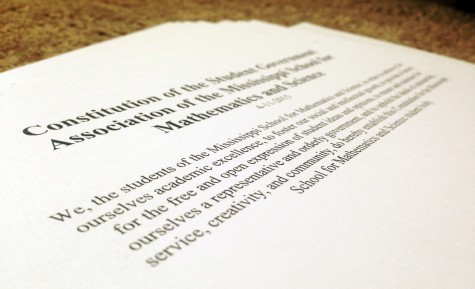
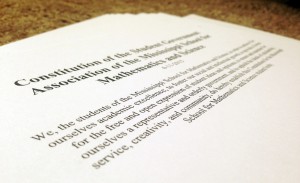

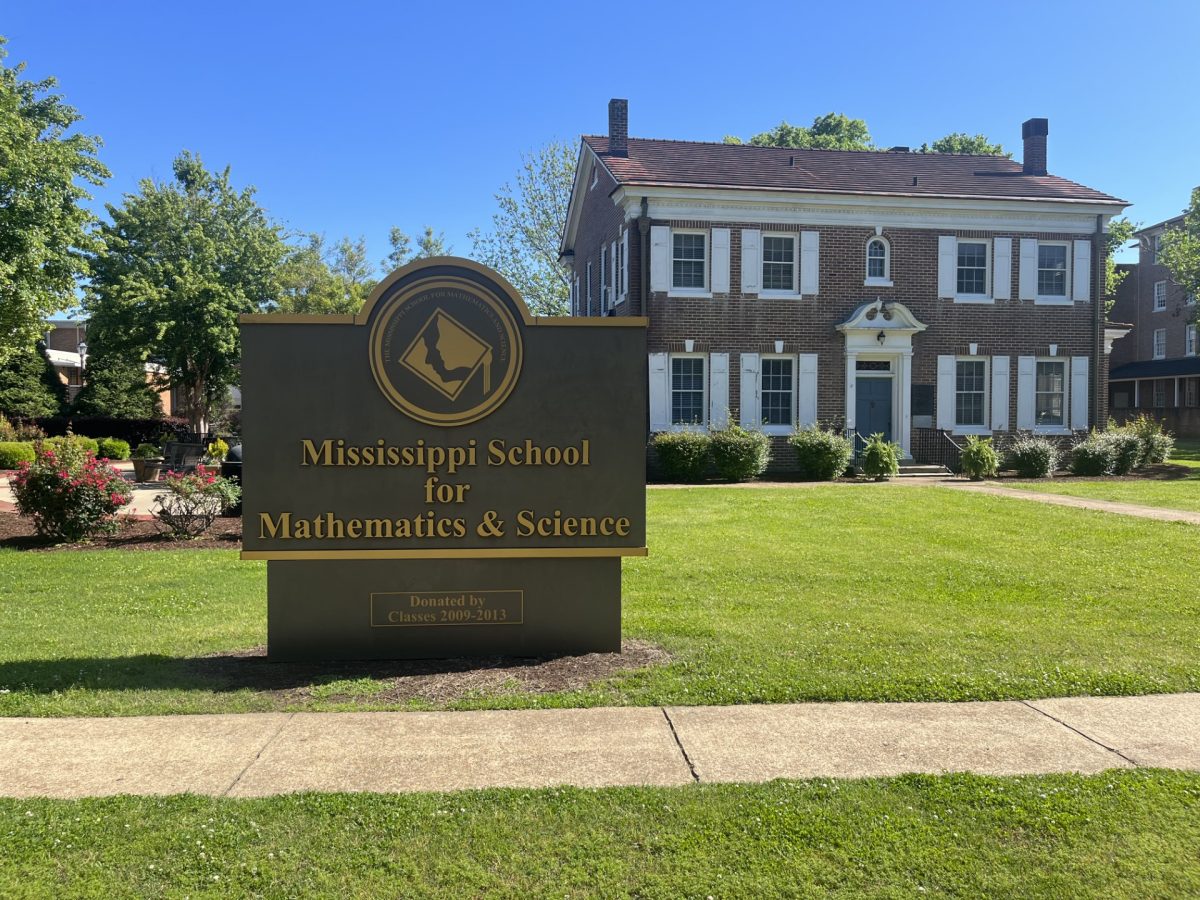

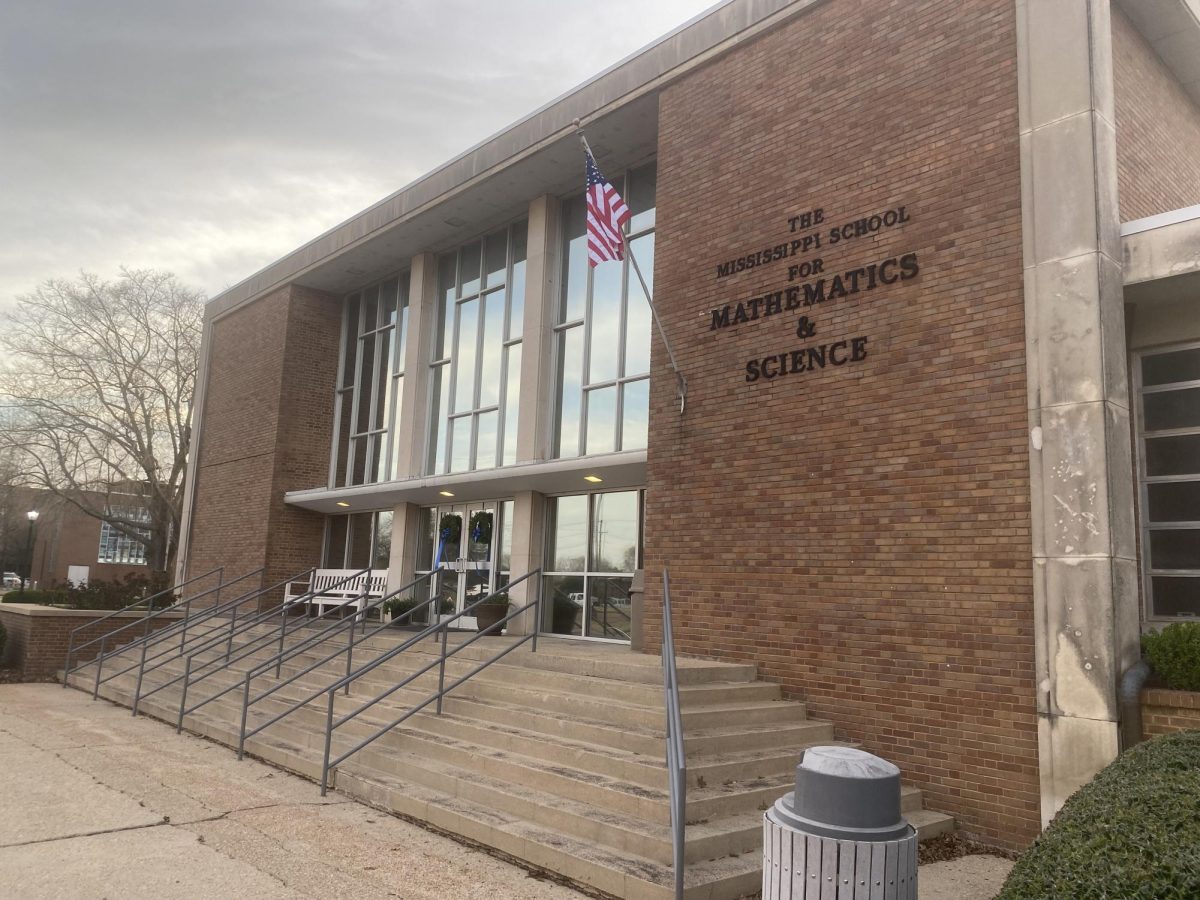
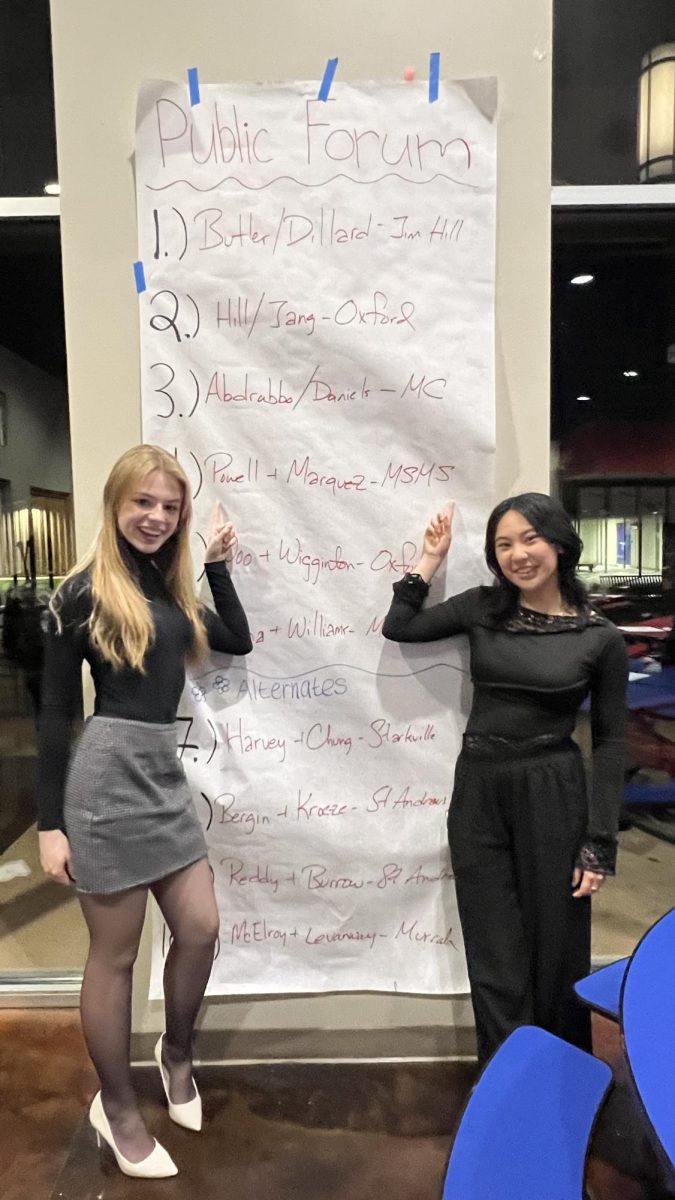

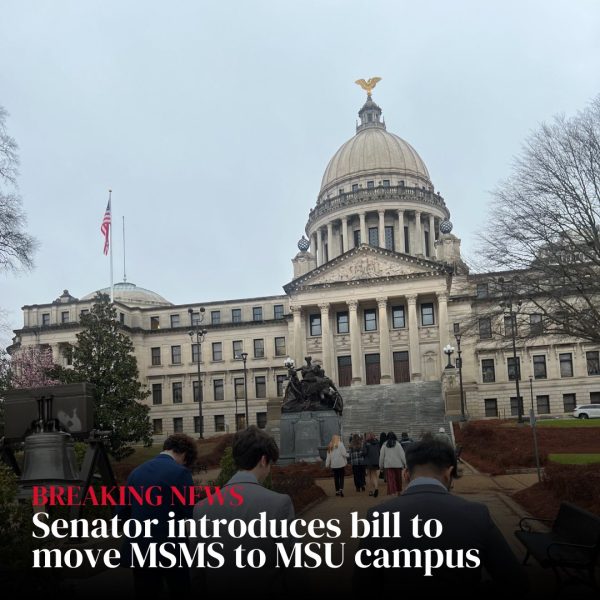

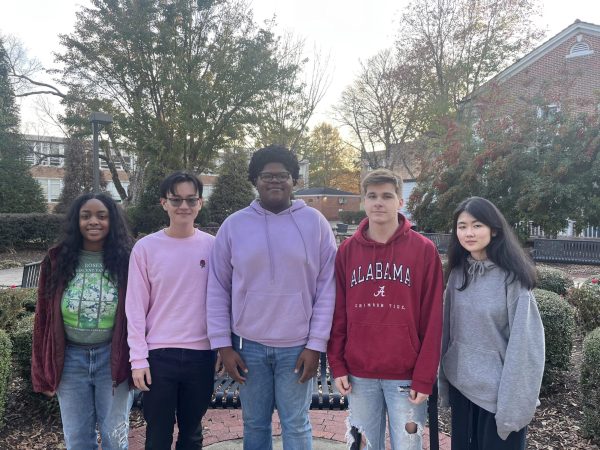
![MSMSs Student Government Association senators discuss topics relevant to the student body [Sept. 13] in Hooper Auditorium. SGA meets at 6 p.m. every Tuesday.](https://thevisionmsms.org/wp-content/uploads/2022/09/sgairis-475x356.jpg)




